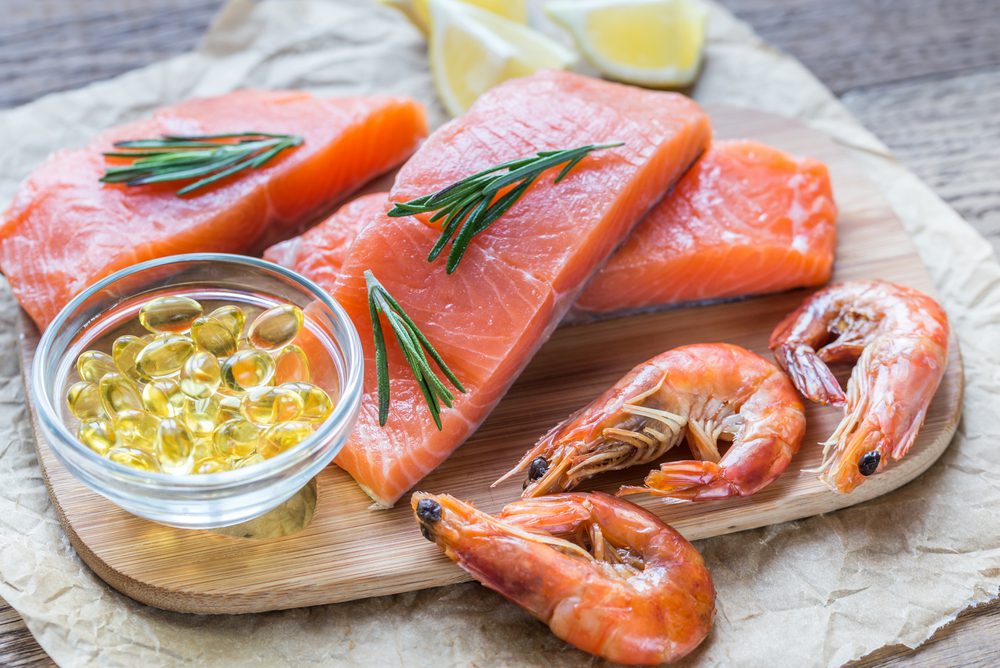
Fish oil
Fish oil is used to reduce heart disease because it’s considered to be highly rich in omega-3 fatty acids. Even so, scientists have started to question its benefits. Not only they discovered that these supplements are not helping reduce heart attacks, strokes, or deaths from heart diseases, but they also come with a wide range of side effects.
Some of the side effects might be belching, bad breath, heartburn, nausea, loose stools, rash and nosebleeds. In order to avoid them, we recommend a variety of foods that can replace the fish oil, such as salmon, tuna, herring, sardines, nuts and seeds and plant oil (flaxseed oil).














6 Responses
great articles. very informative
Excellent information! Very helpful to know the impact of these supplements.
I take 10 grams of vitamin C whenever i go out. Thats 10,000 mg. it prevents me from catching the wuhan virus.
I’ve practiced this since March 2020. In the body vitamin C converts to hydrogen peroxide. When a molecule of virus enters my bloodstream it meets a tsunami of hydrogen peroxide and dies.
Wow
Unless very high doses of vit c are taken via IV treatment, u will never achieve the levels that u r casually refering to…. This is regardless of the amount of vitamin C u take orally. When taken orally the levels remain quite low. Stop spreading skewed information.
I take Krill oil (omega 3) and vitamin D. (esp. in winter) Don’t agree on those, the others yes.